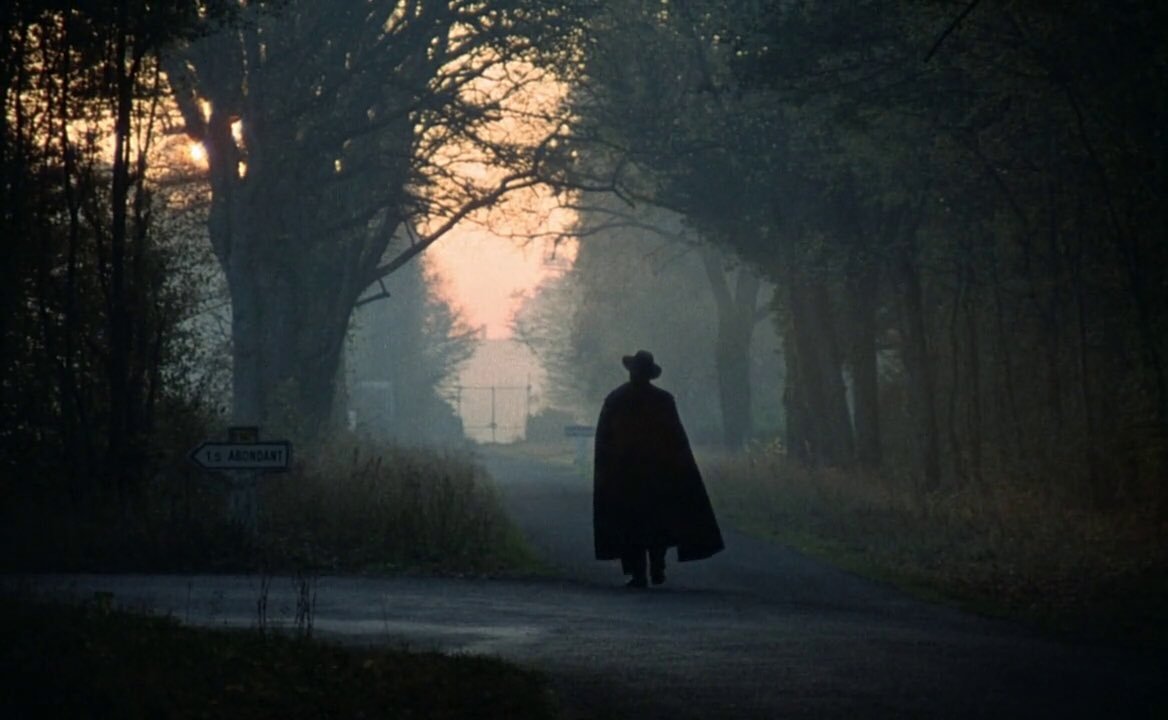F for Fake (1973) Review
Orson Welles strolls about, looking for truth and not finding any.
Ever since romanticism thinking of art meant immediately assuming the subject behind it: the artist, the genius, the author. He who stands to his art like God stands to the world: a creator ex nihilo, the only one who could have created that work, which is but an extension of his personality.
Only the artist-genius, from his immense wellspring of turbulent inspiration, could have brought to life in an act of pure freedom, against all rational expectations, as a thunderous and ultimately incomprehensible force of nature, that piece of art which by itself makes the world tremble. Beethoven. Shakespeare. Picasso. Names that inspire awe and mystery, alluding to some overhuman, perhaps divine, presence behind their works. And yet, what is an author really? What is this presence behind the work? An… illusion?
Orson Welles’ F for Fake, a brilliant self-referential masterpiece, confronts this inconvenient problem in aesthetics: the author, as the presence behind the "original" work, its uniqueness, detainer of exclusive rights (property), who can only be understood in relation to his opposite, the faker. And that distinction entails yet another most questionable figure, the expert, the critic.
A closer look reveals the fetishism behind authorship: in spite of what the experts keep saying and promising, we cannot really differentiate the author and the faker, the original and the copy – much like we can’t clearly distinguish the line between illusion and reality, truth and falsehood. We are much too confident in assuming that we, as subjects, are in the position to voluntarily create our own, unique works of art, and later identify them in accordance to that unique subject-self which alone could have authored it.
This is it, “a Picasso”, the real thing, not a fake, experts, from their ivory tower of epistemic arrogance, claim to know. But what happens when a forger is truer to the spirit of “a Picasso” than Picasso himself? Isn’t art, ultimately, a lie? Fiction, make-believe? Does knowledge have anything to do with it? Why should we condemn a faker? Because… we believe too much? But if we believe–– is it still… fake? What is real then?
Orson Welles, the ultimate faker, plays and jests with these questions, illuding us all the while in a display of virtuosic editing and cinematic trickery. Forgery begins with every “Once upon a time” – our relationship with reality requires distorting it.
Finally, Welles' take on the Chartres Cathedral, an anonymous “testimony to the glory of God and the dignity of man”. This is one of cinema’s greatest moments. The big screen has never been, at the time same, so poetic, ironic, reasonable (for it’s an argument), and evocative of something grander and infinitely sublime. Welles, the illusionist, makes his case: when it comes to art and creation, this most human yearn for saying something to a blind and deaf universe, perhaps, then, "a man's name doesn't matter all that much". An author? Just a case of our vanity of vanities, as the greatness of Chartres, that unsigned architectural feat, demonstrates.


